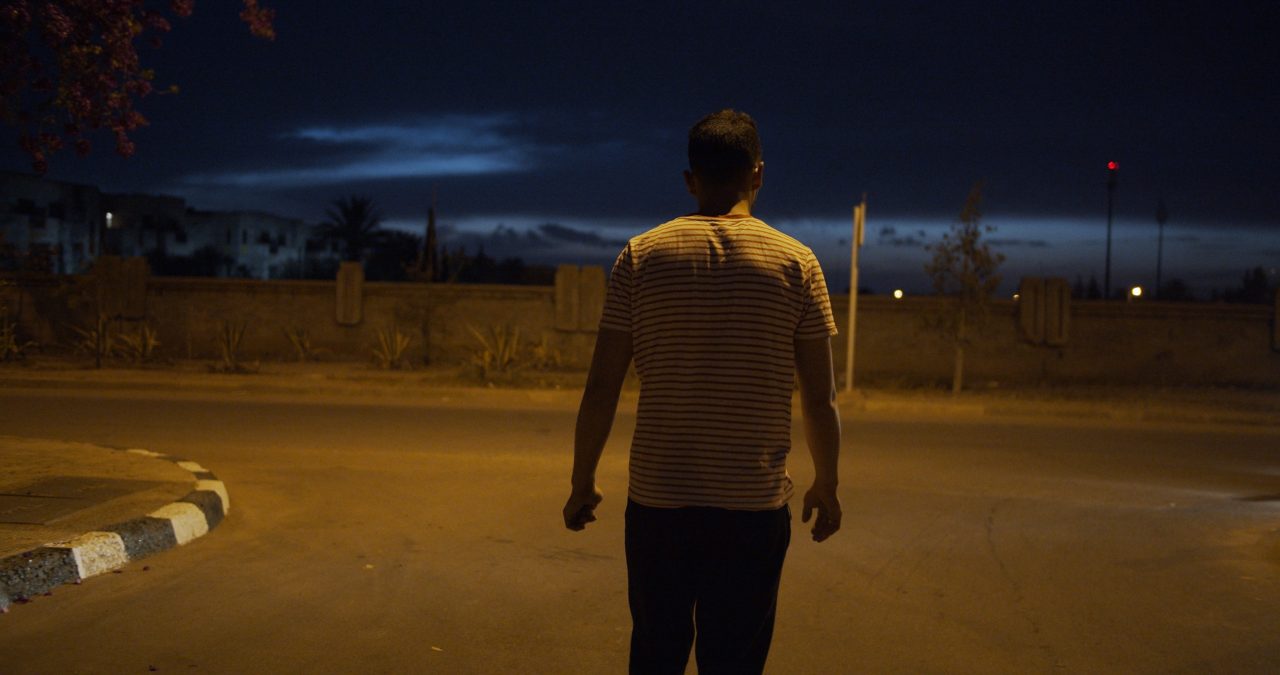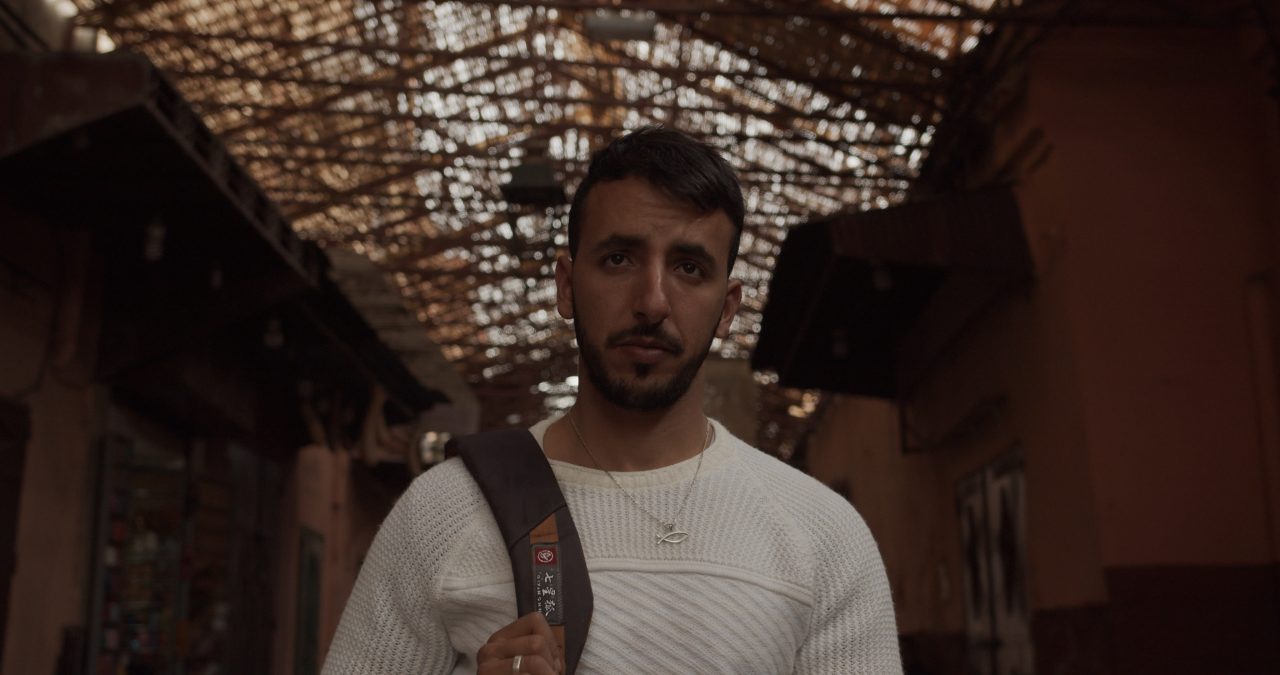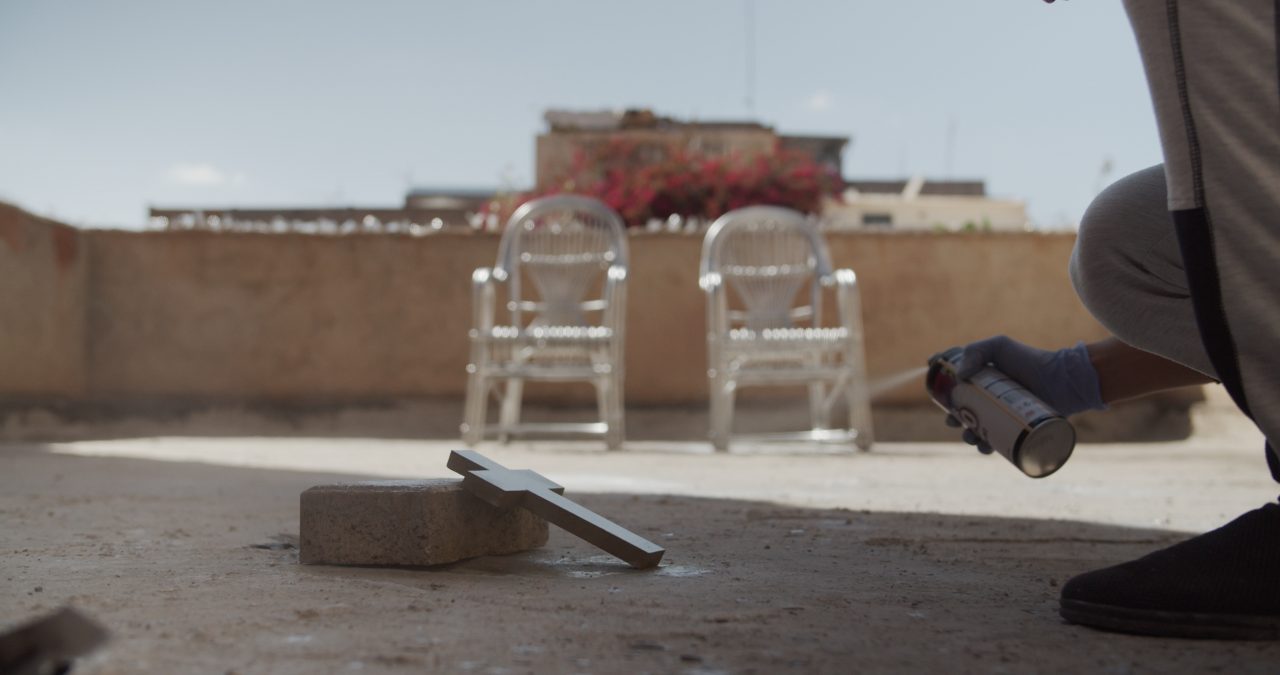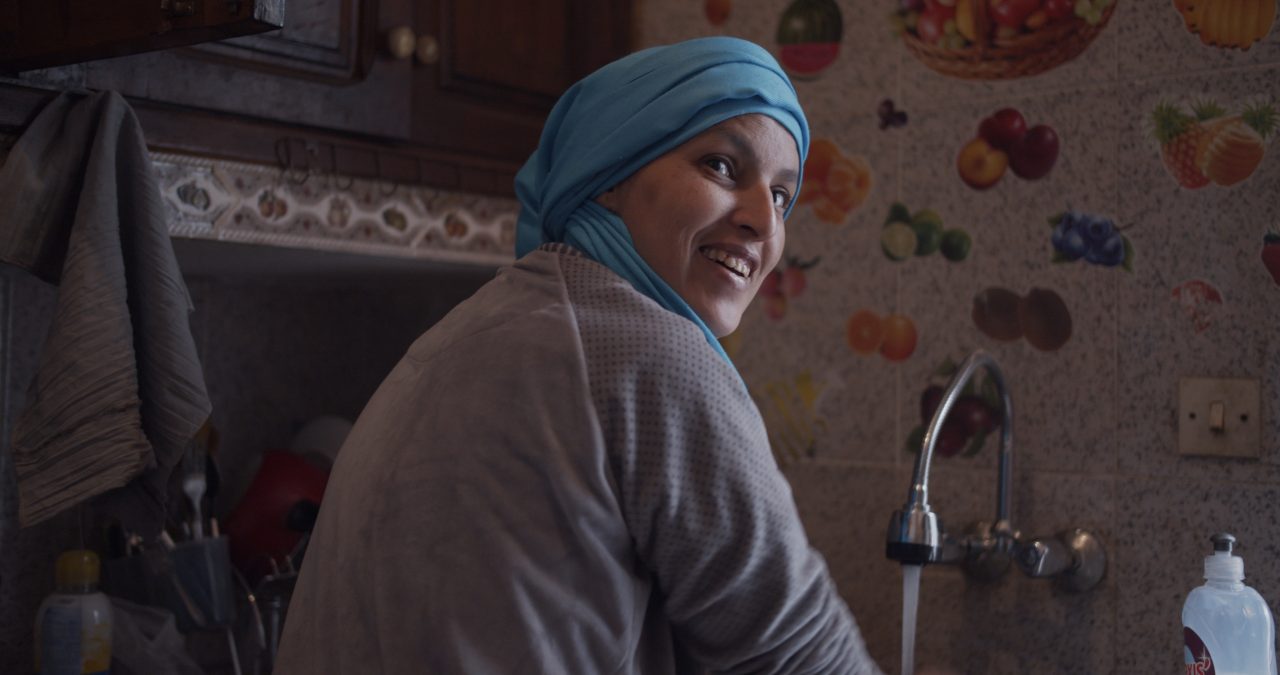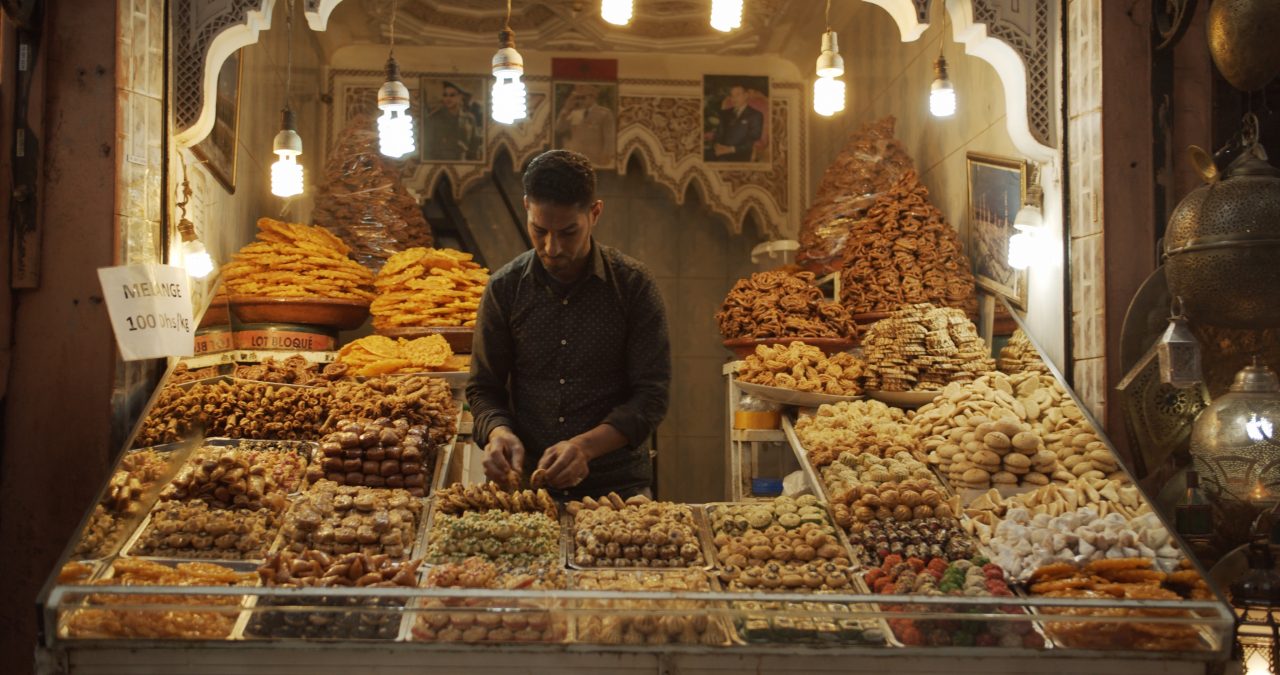Grapefruit for Breakfast
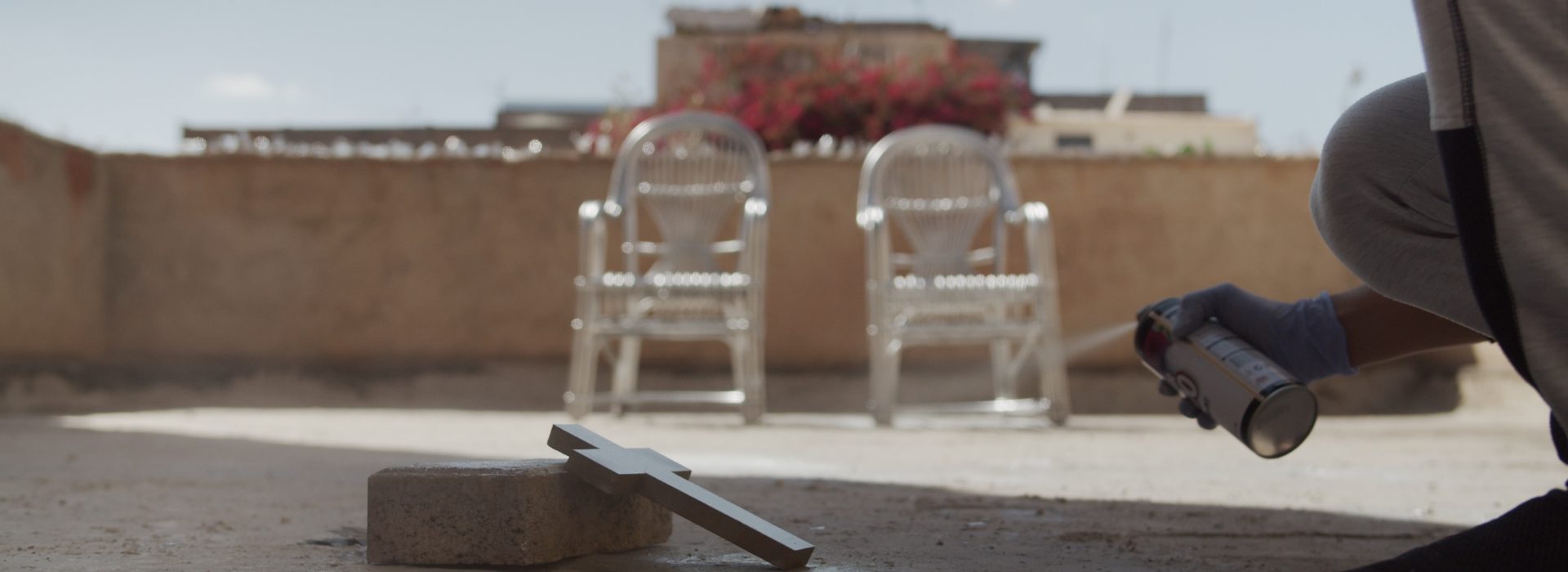
Project details
- Year
- 2020
- Programme
- audiovisual-design
- Practices
- Autonomous
- Minor
- Critical Studies
This is an exploration into the power of dreams and an individual’s attempt to gain autonomy in a place that fails to provide a necessary sense of self.
Winner Drempelprijs Autonomous Practices
This is the intimate portrait of a young man with a holy dream about the greener side of the river.
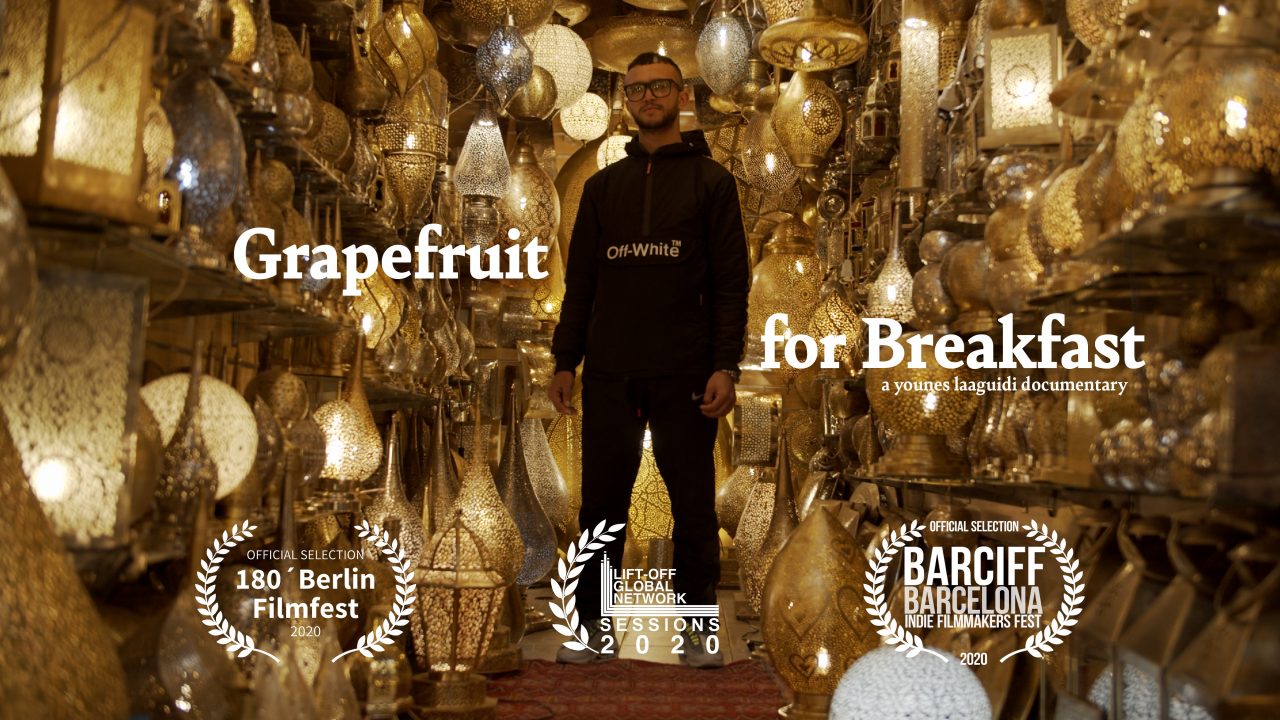
The film ‘Grapefruit for Breakfast’ portrays the story of 27-year-old Samir. Being a Moroccan orphan, he was raised in the Berber mountains by a Christian missionary from Germany. He speaks fluent German, is Christian and apparently knows everything about the Germans. To the current day, he has never left Morocco and apart from his upbringing, his knowledge about Germany is completely attained from books, television and the internet. While he is physically stuck in Morocco but mentally made for Germany, he can only atone his existence with the help of fantasy, belief and the romanticising of western culture. He does not identify with the Moroccans around him and finds salvation in writing and performing German poetry. Poems that all turn out to be symbolical reflections of his own situation.
This film follows Samir’s attempt to gain autonomy in a place that fails to provide to him a necessary sense of self. The plans for his future are more than uncertain. And more than that, if his aspirations should come true and he makes it to Germany, what happens when reality ultimately intrudes in his fantasy or even worse collides with it?
Leading a German life on the African continent, this is the intimate portrait of a young man with a holy dream about the greener side of the river. In the midst of high-speed progressing Morocco, he is on the search for an identity between restricting culture and superficial modernisation.
About me:
I am half German and half Moroccan and I grew up with both Christian and Muslim values around me, similar to my friend Samir in Morocco. But besides having my parents around me, I was raised in Germany, able to visit Morocco-and virtually every other country-with little effort. When meeting Samir for the first time, it felt like very similar but distant worlds were meeting. We are about the same age and seem to have enjoyed similar parenting in terms of politeness, respect towards others etc.
But in a way, I am leading the life he desires. Holding all chances, being less restricted by borders and most importantly, living in Germany. After observing this, I realised how unlike we came of age. And that has to do with where I grew up. Being in Germany, being around Western culture and market economy all the time, lets many people see these qualities of globalised life with a critical eye. I avoid using social media too much. In my opinion, smartphones, in general, should be enjoyed with caution. I recently enjoyed it, when mine broke so I could retreat to the old telephone with neither touchscreen nor Internet access or two weeks battery life. When I’m in Morocco, I try not to be recognised as a foreigner. I talk as much Moroccan as possible and imitate peoples behaviour on the street. I try to embrace the part that is rare and far away, while I stand critically towards what I see every day.
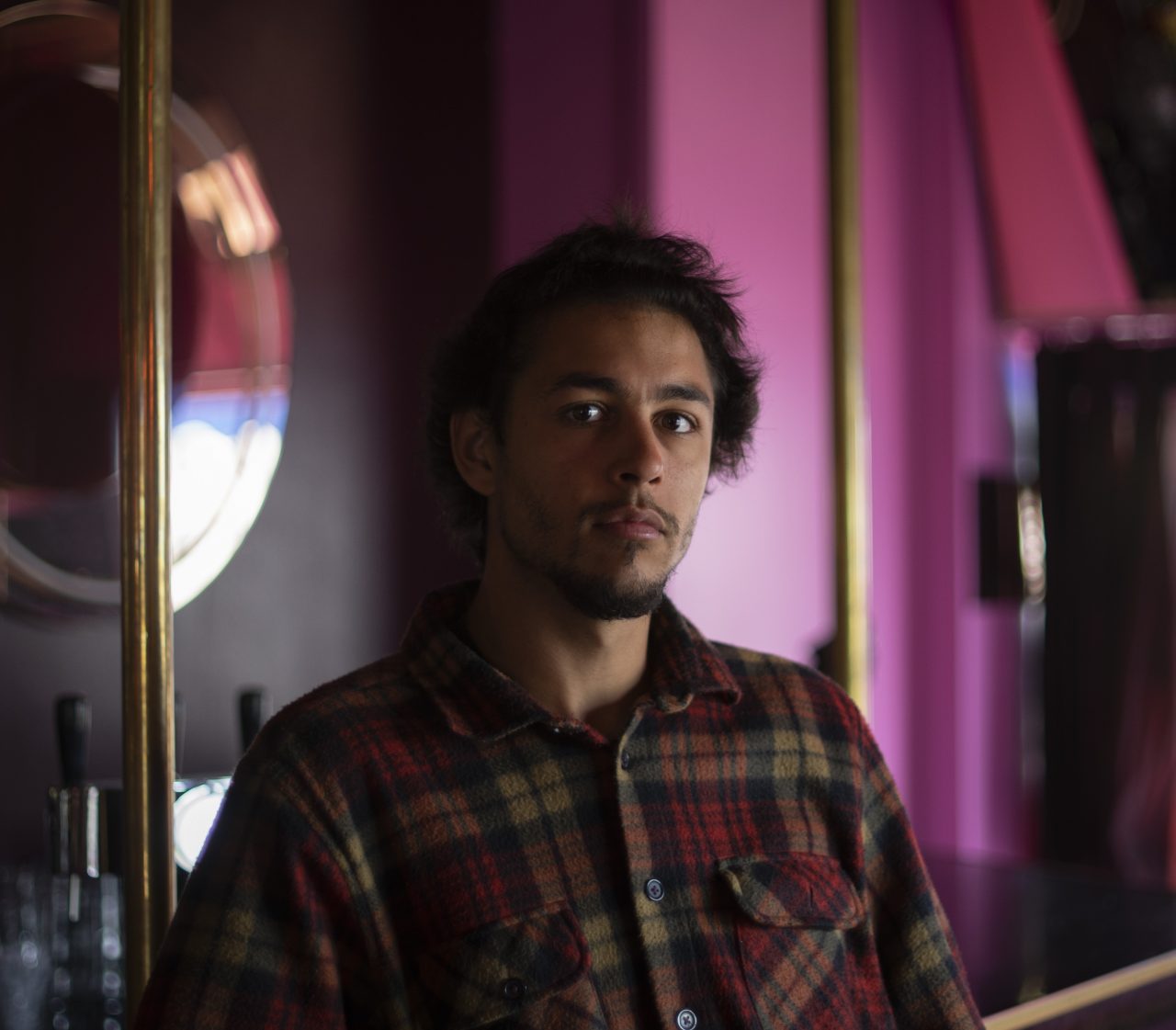
There are many more things where I feel Samir is the exact opposite of me. But the mentioned ones illustrate my point sufficiently. With this story that seems stranger than fiction, I hope to challenge our perceptions of nationality and contribute to the awareness about the quality of the ordinary day in the West, applicable in Germany, The Netherlands and the rest of Europe. But most importantly, it is an exploration into the power of dreams and an individual’s attempt to gain autonomy in a place that fails to provide a necessary sense of self.
